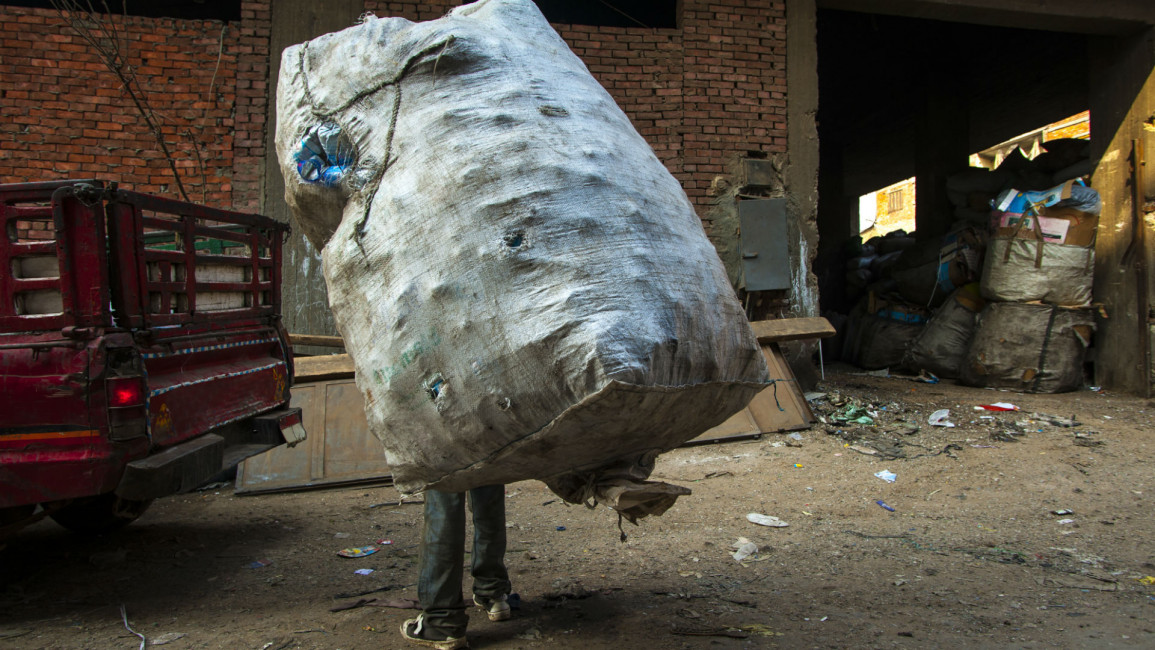
Justice for all? Not in Egypt's deeply classist society
The Egyptian minister of justice announced in a televised interview that sons of rubbish collectors could not become judges.
Mahfouz Saber said that the financial and moral environment a person grows up in is important if they are to be respected in later life.
"With all due respect to rubbish collectors judges need to grows up in a suitable environment," he said.
On Tuesday he quit, saying that he had been a slip of the tongue.
Besides the nepotism and stark classism of Saber's comments they also contradict the 2014 Egyptian constitution. Article 53 states all citizens are equal before the law, in their rights, freedoms, and general duties, without discrimination, including over social class.
| The idea of being hired for a position based on your family background and connections even has a name in Arabic - wasta. |
The constitution also says the law should regulate the creation of an independent commission to eliminate all forms of discrimination.
Given the state of affairs in Egypt, it is not suprising the body responsible for eliminating discrimination in all its forms, as stipulated by the official constitution, is based on a strong foundation of discrimination itself.
This is not the first time a statement like this has been made by a government minister. In 2014, the deputy head of the court of cassation implied that someone from a family not deemed suitable for the prosecution service would not be comfortable working as a prosecutor.
In September 2013, after more than 600 students were officially employed as prosecutors by the supreme judicial council, a new criteria was added that candidates' parents must hold university degrees. This excluded 138 of those appointed in June 2013.
It is clear from the words of these judges that to accept your lot in life, as dictated by your status at birth and not through your hard work, is more reasonable than striving for upward social mobility.
The idea of being hired for a position based on your family background and connections even has a name in Arabic - wasta.
From applying for a national ID card, to getting out of military draft, to getting hired at the university where your father is a Dean, almost everyone has used the wasta system to get ahead and make their lives easier in Egypt.
Connections through friends and family often not only helps you get a coveted interview, but also helps you land a good job. This puts those who work hard but have no strong connections out of the playing field.
Much of the reaction to Saber's comments failed to address the main issue: rampant discrimination and a lack of social mobility, especially for those who work harder than most but are constantly facing barriers due to their social class.
The system has yet again proven it is broken. It is the entire cycle of favouritism and elitism that has gripped Egypt for decades which needs to be rectified for true democratic processes to succeed.
Perhaps it is important to remember that none of Gamal Abdel Nasser, Anwar Sadat, and Abdel Fattah al-Sisi's parents had university degrees either.
Opinions expressed in this article remain those of the author and do not necessarily reflect those of al-Araby al-Jadeed, its editorial board or staff.




